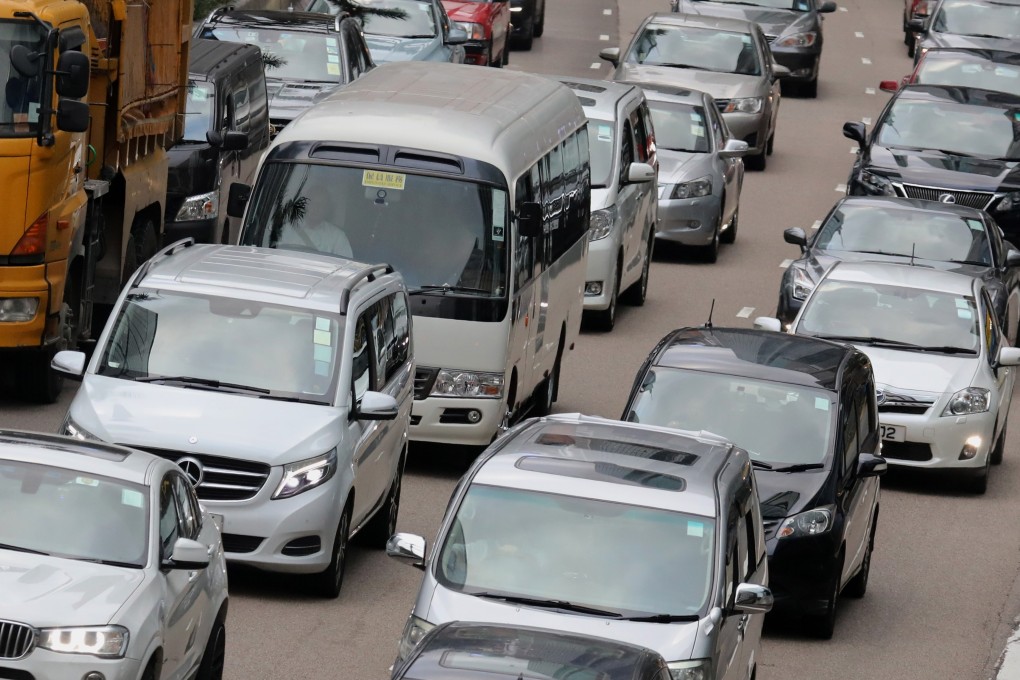New darlings of property investors? Co-living, car parks and data centres
- Yields of alternative investment classes potentially higher compared to traditional real estate, analyst says
- Co-living is especially attractive to investors, as young people turn to shared living space in super expensive city

Institutional and Hong Kong investors are increasingly turning to alternative asset classes such as co-living spaces, car parks and data centres as uncertainties in the property market linger.
Skyrocketing property prices over the last decade have brought yields down, making investing profitably tricky, said Dennis Ma, head of research at JLL Hong Kong.
"What we've started to see is a lot of investors are starting to look at asset classes beyond the traditional office, retail and industrial and to some extent hotel [investments]," Ma said.
Yields for residential, warehouse, grade A office, and high street shops have come down from as high of between 3 per cent and 7 per cent 10 years ago to between 1. 5 per cent and 5 per cent as of the third quarter of 2018, JLL’s data showed.
Ma said alternative asset classes have the potential to achieve yields higher by 50 to 75 basis points compared to established real estate sectors.
“In some respects, in these kind of assets, you see the underlying drivers are strong, but it’s really the locals and the institutional investors that are looking at these,” he said.